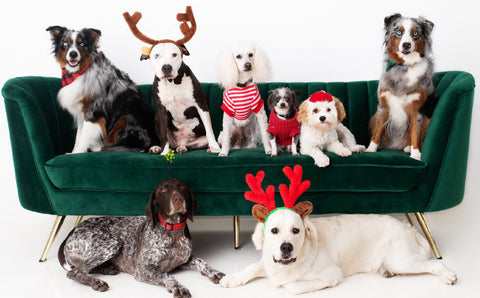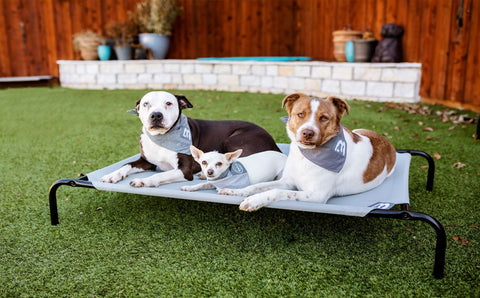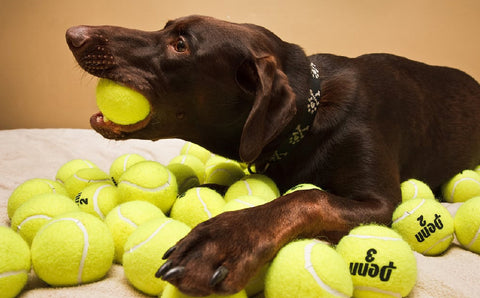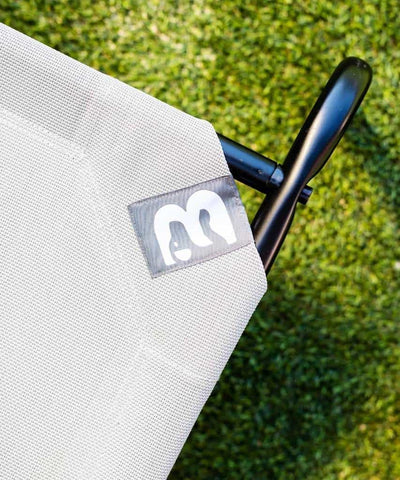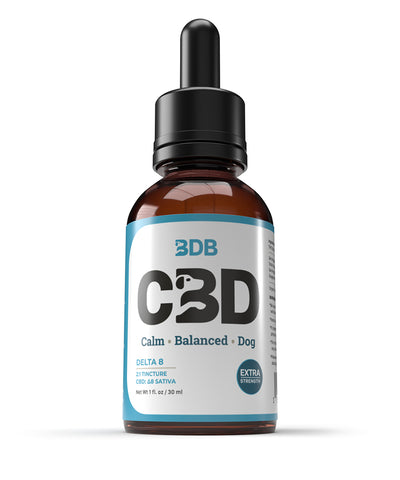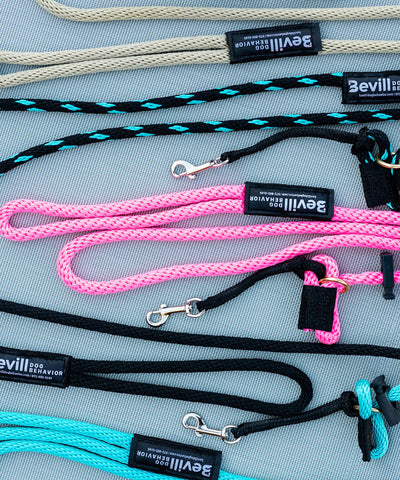Dealing with dog obsessions can be challenging for both pet owners and their furry companions. Whether it's incessant barking, destructive chewing, or fixation on specific objects, understanding and addressing these behaviors is crucial for a harmonious relationship. In this guide, we'll explore effective strategies for rehabilitating dog obsessions, drawing on principles of dog behaviorism and psychology.
Understanding Dog Obsessions:
Dog obsessions can manifest in various ways, from fixating on a particular toy to exhibiting repetitive behaviors. Identifying the root cause of these obsessions is the first step in successful rehabilitation. Is it triggered by anxiety, boredom, or a past trauma? Observing your dog's behavior and consulting with a professional dog behaviorist can provide valuable insights.
Creating a Structured Environment:
Dogs thrive in structured environments and establishing structure can help alleviate obsessions. Regular feeding, more house/walk/backyard rules (so they have to think more), longer walks, and play sessions provide mental and physical stimulation, reducing the likelihood of obsessive behaviors. Consistency is key, so try to maintain a predictable daily schedule.
Enrichment Activities:
Engaging your dog in mentally stimulating activities is an effective way to redirect their focus and energy. More rules and adding obedience training sessions can help break the cycle of obsessions. By introducing new challenges, you keep your dog's mind active and prevent boredom-induced fixations.
Gradual Exposure:
If your dog's obsession is linked to a specific trigger, consider gradual exposure to desensitize them. For example, if your dog is fixated on a particular object, expose them to it in a controlled manner, rewarding calm behavior. Gradual exposure helps your dog build positive associations and reduces anxiety.
Seeking Professional Guidance:
In some cases, dog obsessions may require the expertise of a professional dog behaviorist or trainer. A qualified expert can assess your dog's behavior, identify underlying issues, and tailor a rehabilitation plan to meet your specific needs. Collaborating with a professional ensures a holistic approach to rehabilitation.
Rehabilitating dog obsessions is a process that demands patience, consistency, and a deep understanding of your dog's unique personality. By addressing the root cause, providing mental and physical stimulation, and seeking professional guidance when needed, you can guide your dog towards a healthier, more balanced life. Remember, every dog is an individual, and tailoring your approach to their specific needs is key to successful rehabilitation.


